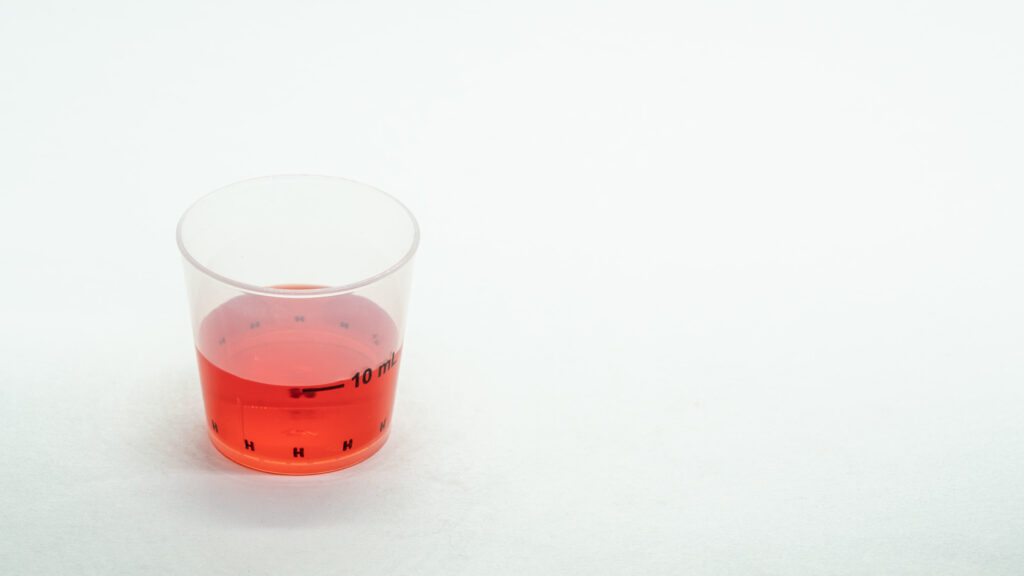The recent warning from President Trump suggesting that pregnant women and children should steer clear of Tylenol has ignited a surge of interest in alternative remedies within the wellness industry. This surge appears to be a strategic pivot for many businesses that aim to capitalize on consumer concern.
Kate Tietje, co-founder of Earthley Wellness, quickly took to social media following Trump’s remarks on September 22. She reassured her followers that there are alternatives to conventional medications. Tietje promoted the company’s “Feel Better Fast” tincture, which claims to alleviate fevers and headaches through natural ingredients such as echinacea and fennel seed.
This moment has drawn attention from several wellness influencers. Figures like Holistic Heidi and Organic Minded Mom leveraged social media platforms to share discount codes for products from Dr. Green Life Organics and other herbal remedy brands. In another post, dietitian Ali Miller and Rowe Casa Organics directed followers toward their own product lines, further emphasizing the shift towards holistic options.
Mallory DeMille, a creator and critic of wellness trends, reflected on this phenomenon in an Instagram post. She pointed out that wellness influencers are often skilled in capitalizing on public fears, including those they may have helped create. DeMille’s perspective highlights the complex interplay between the wellness industry and public perception, especially regarding health controversies.
The buzz surrounding alternatives to Tylenol extends beyond herbal remedies. KinderFarms, a health product company co-founded by actress Jessica Biel, recently introduced a new acetaminophen product that does not include dyes or artificial sweeteners. This launch came on the heels of a recall earlier this year due to concerns over the stability of acetaminophen, which could potentially lead to adverse effects such as nausea and jaundice.
Currently, KinderFarms’ website prominently features the slogan “Looking for an alternative to Children’s Tylenol?” in large typography, showcasing their commitment to meeting the growing demand for safer, cleaner options for children’s health.
Another player in the alternative medicine field, Genexa, operates from Atlanta and markets itself as “the first clean medicine company.” They offer a version of acetaminophen tailored for children, boasting the absence of artificial additives. However, in the wake of the recent Tylenol discourse, Genexa has chosen to maintain a lower profile, focusing more on product integrity than extensive marketing.
As wellness trends evolve, it’s clear that public opinion can significantly influence market dynamics. With increasing skepticism towards traditional medications, particularly in light of high-profile statements, companies are poised to fill the gap with alternative solutions.
Interestingly, this situation has sparked conversations around the efficacy and safety of conventional medications versus natural remedies. Critics warn that while alternative products may seem appealing, they aren’t always backed by rigorous scientific evidence. This is a crucial consideration for parents seeking to make informed decisions about their children’s health.
As businesses respond to shifting consumer preferences, experts suggest that individuals should remain cautious and evaluative. Seeking alternatives can be part of a broader strategy of ensuring wellbeing, but it’s vital to balance this approach with evidence-based practices.
Furthermore, the wellness industry’s evolution, powered by figures like Trump who ignite public debate, underscores the critical importance of reliable information. Parents navigating health decisions for their children may find themselves overwhelmed by marketing claims and influencer endorsements.
In conclusion, as demand for Tylenol alternatives grows in the wake of recent events, consumers are urged to proceed with care. Parents are reminded to consult healthcare professionals when considering new products for their children, ensuring that choices made are both safe and effective in promoting health.






